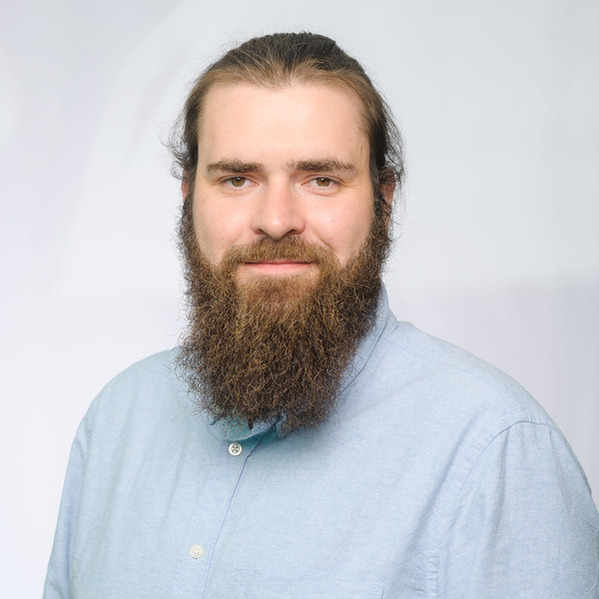Universiteit Hasselt
Hasselt, Belgium
Project description
The goal of the project is to establish cellular dynamics during the process of regeneration in the flatworm Schmidtea mediterranea. This animal has a remarkable ability to regenerate following nearly any type of injury, conferred by adult stem cells, called neoblasts. In previous research, we demonstrated that redox molecules are essential elements in modulating and launching regenerative processes. The current project proceeds on these findings and aims to answer existing research gaps concerning the nature of the reactive oxygen species invoked, their site of production, concentration and spreading; and the downstream cellular signaling events involved in stem cell functioning and differentiation. The project will contribute to a more comprehensive understanding of the meticulously regulated cell fate decisions and how their imbalance leads to adverse responses. A cutting-edge research approach, using redox-sensitive nanocarriers, will be used to elucidate the reciprocal relationship between redox molecules and stem cells, with significant emphasis on mitochondria and glutathione as core components of redox homeostasis.
Doctoral Candidate
Bob Kauffmann
Goedendag, I am Bob Kauffmann and studied Molecular Cell and Developmental Biology in the breathtaking capital of Tirol (AT). In the course of my master thesis at the Institute of Zoology at the University of Innsbruck, I studied the different capacity of regeneration in non-model flatworms (DOI: 10.3390/biology11111588). Furthermore, I established an in situ hybridisation protocol for one of these species, which comes in handy to better understand the regeneration process. Now, I have the great opportunity to join the BiTE lab team of Prof. Dr. Karen Smeets at University of Hasselt (BE), be part of the Center for Environmental Sciences (CMK) and dig deeper in the regeneration process in the well established model flatworm Schmidtea mediterranea. During my PhD, I will focus on the cellular and subcellular mechanisms which influence the regeneration process, with a special look on the REDOX balance. Aside from the enthusiasm for the subcellular function during regeneration, I have a kind of interest in our night sky and space itself. But my hunger for information does not stop there, I have interest in almost every nature related science. When I can get rid of the craving to be in the lab, I prefer to be in nature. Hitting the slope with the snowboard, the trail with the mountain bike, hiking, working or sleeping in nature, then I feel the purest happiness. I’m happy to be part of such a decent project and I’m wishing everybody nice results and good papers. And if you’re stressed sometimes, always remember “Under pressure diamonds are formed”. (Stay up-to-date – instagram: bitelab_uhasselt)

Principal Investigator
Karen Smeets, PhD
Professor at the faculty of Sciences, Hasselt University, Belgium (link: https://www.uhasselt.be/en/who-is-who/detail/karen-smeets)
Vice director of the Centre of Environmental Sciences (link: https://www.uhasselt.be/en/instituten-en/cmk-centre-for-environmental-sciences)
Group leader of the Toxicology research group (link: https://www.bitelab.be)
ORCID: 0000-0001-9673-8824
E-mail: karen.smeets@uhasselt.be
Phone: +32(0)11.26.83.19

CMK
The team is part of the Centre of Environmental Sciences, a multidisciplinary research institute that unites top environmental research and industrial collaboration to address challenges of high societal urgency that require analyses that span across the boundaries of different scientific domains and disciplines. CMK focuses on issues related to environmental stress in general, and developed academic leadership in ageing research and public health. CMK has elaborate scientific equipment, databases (e.g. on health data) and model organisms. In recent years, the team has established the planarian Schmidtea mediterranea as a model for studying regeneration and developmental toxicology, using state-of-the-art (live) imaging techniques.
